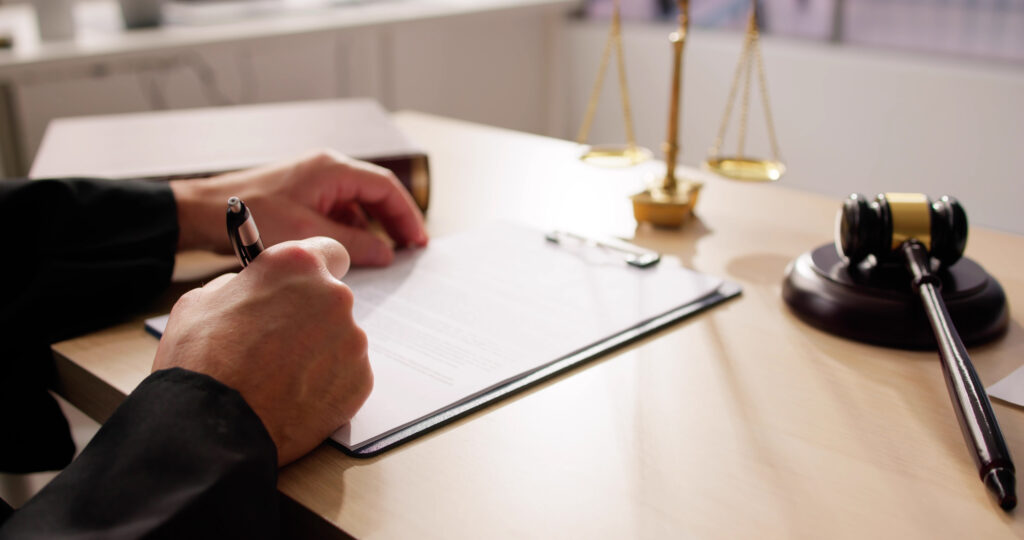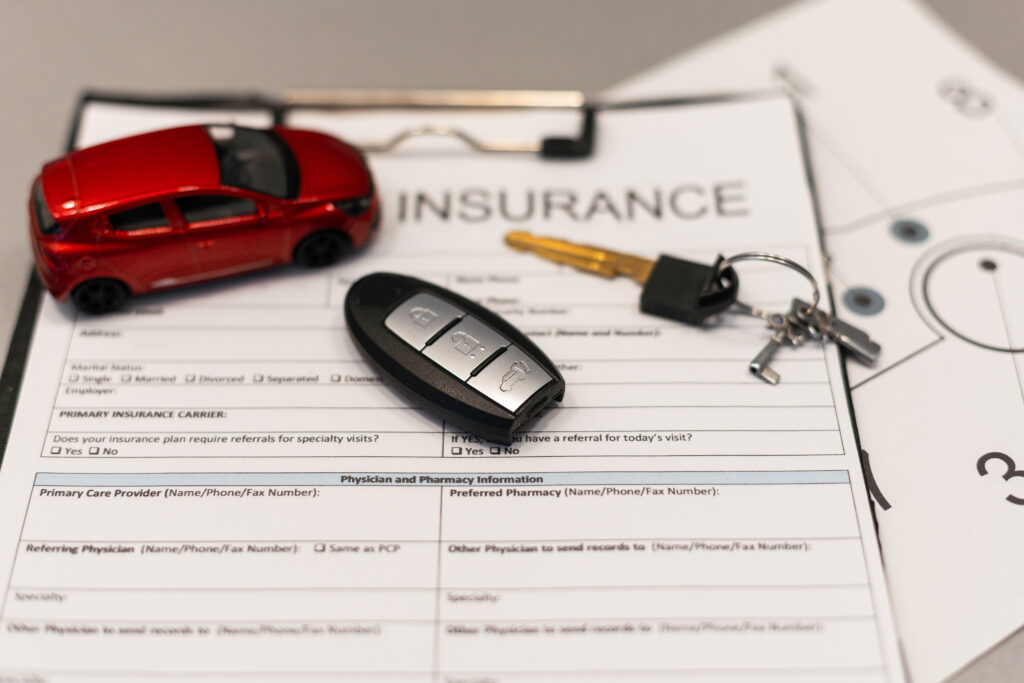How Insurance Works for Gig Economy Drivers After a Crash
The rise of the gig economy has transformed how people work, especially in cities like New York where services like food delivery and rideshare platforms are part of everyday life. But when a crash occurs during a delivery or ride, understanding how insurance coverage works is often confusing—especially for gig economy drivers classified as independent contractors.
If you’re a delivery driver involved in a car accident while on the job, you may face serious questions about what insurance applies, who is liable, and how to recover compensation for medical bills, property damage, and lost income. At Greenstein & Pittari, LLP, we help gig workers and injured parties navigate the legal and insurance landscape after an accident involving delivery or rideshare activity.

The Basics of Insurance for Gig Economy Drivers
Many gig drivers use their personal vehicles for commercial purposes. However, most personal auto policies don’t cover accidents that happen while a driver is delivering food or transporting passengers. This creates a gap in insurance coverage that can be financially devastating after a crash.
To fill this gap, some delivery platforms offer limited insurance policies. These often depend on the driver’s activity at the time of the crash:
- If the driver is offline, only their personal auto insurance applies
- If the driver is available or waiting for a delivery request, limited third party liability may apply
- If the driver is en route to or actively delivering food, more comprehensive coverage might kick in
These policies vary by company and situation. Understanding when coverage applies is critical, especially since many gig drivers are unaware that personal insurance policies may not cover them during commercial activity.
Determining Liability and Legal Implications for Delivery Drivers
Liability in accidents involving gig workers can be complex. As most delivery drivers are classified as independent contractors, companies often attempt to avoid responsibility. However, that doesn’t mean injured parties are left without options.
Key legal implications for delivery drivers and injured victims include:
- Whether the driver was working for a delivery app at the time of the crash
- Whether the delivery company provides contingent comprehensive or liability coverage
- Whether the driver’s actions qualify as negligent driving under New York law
- The extent of the victim’s injuries, medical expenses, and property damage
If a food delivery driver is at fault, the injured party may have the right to file a personal injury claim or seek compensation through the applicable insurance policy. In some cases, both the driver’s personal insurance and the delivery platform’s policy may apply.
What Happens After a Crash Involving a Delivery Driver?
Accidents involving gig economy drivers raise several important questions:
- Was the driver engaged in a delivery request?
- What insurance policies were in effect at the time of the crash?
- Is the driver covered under personal or commercial insurance?
- Can the injured party receive compensation for medical bills, lost income, or other damages?
For example, if a crash occurs while the driver is en route to deliver food for Uber Eats, the company’s contingent liability policy may offer limited coverage for bodily injury or third party liability. However, these policies often exclude damage to the driver’s vehicle and require the use of personal auto insurance first.
When multiple parties are involved, contributory negligence may also come into play, potentially reducing or affecting the amount of compensation available. This is why determining liability and identifying all possible insurance coverage is so important.
Challenges Gig Drivers Face After a Crash
Gig workers face several disadvantages when it comes to insurance:
- Many personal insurance policies don’t cover delivery driving or rideshare activity
- Delivery platforms often provide limited coverage with high deductibles
- There may be legal disputes about whether the driver was actively working at the time of the accident
- Injured drivers may not qualify for worker’s compensation coverage because they are independent contractors
These challenges can leave many gig drivers paying out of pocket for injury related expenses, medical care, and vehicle repairs. Without proper legal guidance, many drivers and injured parties miss out on the compensation they deserve.

Legal Options After an Accident Involving a Gig Economy Driver
Whether you’re a delivery driver or a third party injured in a crash involving one, there are legal options available. You may be able to:
- File a personal injury claim for damages such as medical expenses and property damage
- Seek coverage through the driver’s personal insurance or the delivery company’s contingent policy
- Pursue legal action against a negligent driver through the courts
- Explore maximum compensation through a legal claim if injuries are severe
Our attorneys can help you understand your rights, evaluate the insurance policies involved, and identify the best legal strategy to recover financial compensation. Whether the crash involved Uber Eats, DoorDash, or another delivery platform, we know how to deal with insurance companies and delivery companies that try to limit their responsibility.
Learn more about how insurance works for gig economy drivers after a crash. Call Greenstein & Pittari, LLP at (800) 842-8462 to schedule your free, no-obligation consultation. You can also reach us anytime through our contact page. Let us help you take the first step toward justice and recovery.
FAQs: Insurance and Gig Economy Drivers After a Crash
What happens if a delivery driver crashes while working?
If the driver is actively engaged in a delivery request, the platform’s insurance may apply. However, the driver’s personal insurance might also be required to cover part of the damages.
Do personal auto insurance policies cover gig work?
In most cases, no. Most personal auto policies exclude coverage when the vehicle is used for commercial activity like delivering food or transporting passengers.
Who pays for medical bills if I’m injured by a gig driver?
Depending on the circumstances, the driver’s insurance, the delivery company’s contingent coverage, or your own insurance policy may cover your medical bills.
Are gig drivers considered employees or independent contractors?
Most gig economy platforms classify drivers as independent contractors, which limits their access to benefits like worker’s compensation and shifts liability to the driver.
Can I sue a delivery driver after an accident?
Yes. If the driver was negligent and caused the crash, you can file a personal injury claim against the driver and potentially the company, depending on the circumstances and insurance coverage.
